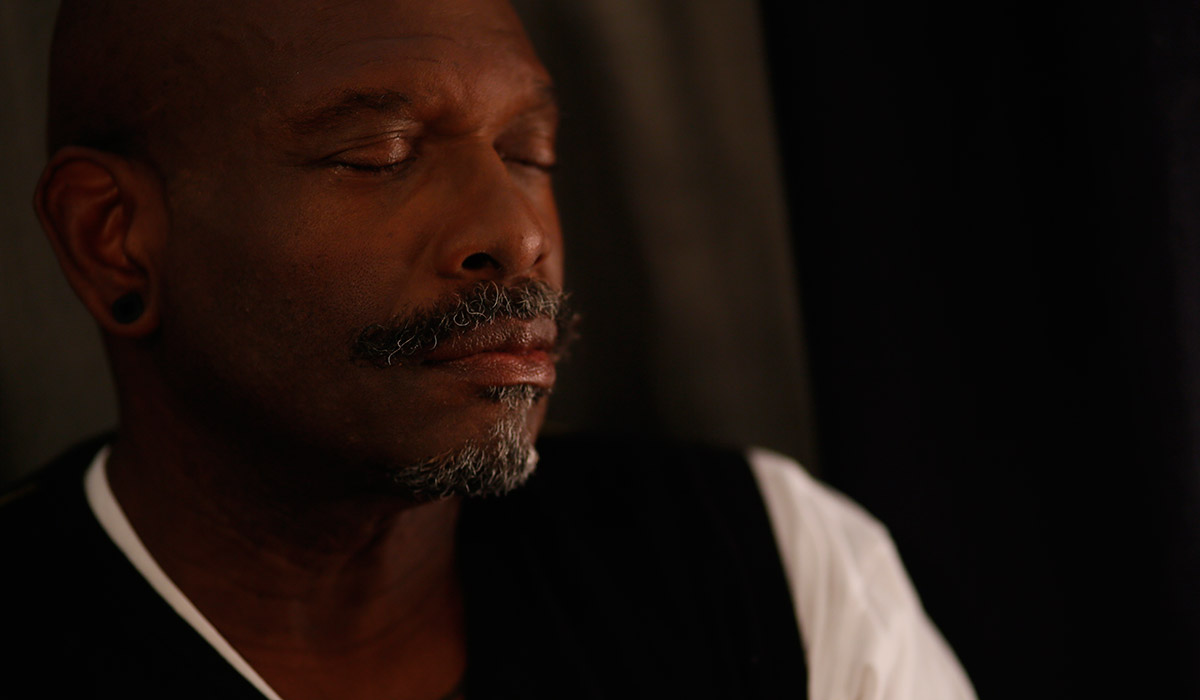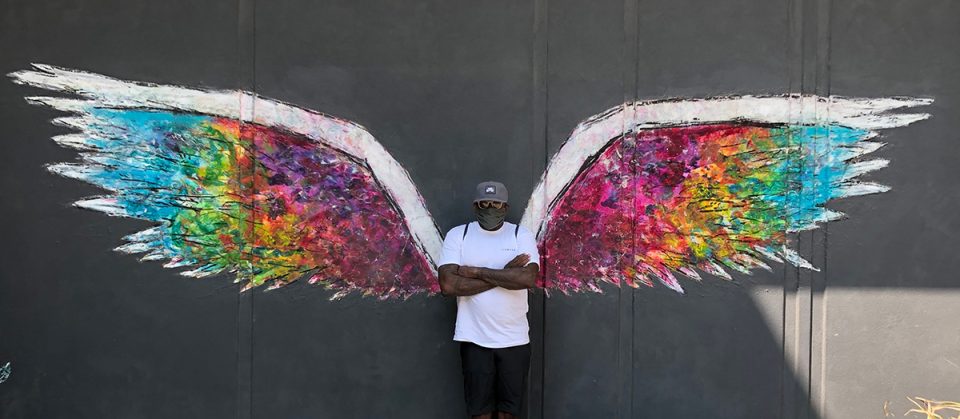AMRecovery
Interventionist and Recovery Coach
Hello, I’m Arnold McCuller. As a musician and performer with five decades of experience, I’m currently transitioning to a new role as a certified Interventionist and Recovery Coach.
Over the few years, while touring, I’ve dedicated myself to acquiring the necessary education to support individuals struggling with substance abuse, mental health issues, and various challenges faced by families and industry professionals in the recovery process.
My expertise primarily focuses on substance abuse, but I also address other compulsive behaviors such as issues with food, gambling, and sex addiction. Additionally, I provide support for individuals dealing with anxiety, depression, bipolar disorder, and other mental health conditions.
During my years on tour, I’ve seen firsthand the devastating effects of substance abuse and mental health issues. I am grateful to have maintained long-term recovery, which preserved my career. However, I’ve also witnessed friends lose their careers and struggle without support. This has motivated me to help others find their way back to a fulfilling life.
My passion for music will always be a part of who I am, and it fuels my commitment to aid those seeking recovery. Whether you’re a singer, band member, lighting designer, audio engineer, or anyone else grappling with addiction, I am here to assist you and your family on your journey to recovery. If there’s anything I can do to help, please don’t hesitate to contact me.
With love and light,
Arnold McCuller
Arnold is proud to be a board member at The Taylor Made Retreat, a supportive, educational recovery program in a loving family style environment and is not a substitute for psychotherapy, medical or clinical treatment.

Listening For the Spirit
Arnold McCuller is a solo artist and session vocalist, songwriter, and record producer, best known for his work as a touring singer with artists such as James Taylor, Phil Collins, Beck, Bonnie Raitt, and Todd Rundgren.
Listening skills are vital, as a musician, a person, a friend, a lover in relationships—to be able to listen is just so much more important than talking. As a backing vocalist, I could not have had a successful career without having listened to the lead vocalist and where s/he’s going.
I work with a lot of people who are trying to get their lives together. It’s very easy for me to talk and tell someone the things that I think that they should do. I have to really practice listening to hear what they’re feeling and what they’re going through. I’ve learned over the years that the skill of listening is vital to understanding a person’s needs and what a person feels. The only way you can find out what they actually feel is to listen. They may not say exactly what they feel, but you can tell what they’re feeling by the way they say it.
We have to find ways not to respond when someone else is speaking. Often, we will be responding mentally before we even open our mouths. So, we are waiting for the person to stop talking so that we can respond. The key to listening is to hear the person out, to hear everything they’re saying and feeling. It’s not just the words, it’s the spirit, feeling, inflection, and emotion—all of that is involved in what they’re saying. If you are busy thinking about what you’re going to say next, you’re not hearing and listening well.
The main roadblock is not paying attention. As a performer, if I’m supposed to be listening and I’m distracted, I’ve lost touch with the music and my head has gone into something else. I’m not paying attention to what I’m actually doing. My focus has been pulled. The key is maintaining focus—listening for the spiritual thing—hearing the “God voice” in what someone is saying rather than just the words.
I had a friend who would go to meetings and, rather than look at the speaker, he would close his eyes and just listen. If you can actually sit and listen to someone with your eyes closed and not judge the outside, but just listen for the words, inflection, and emotion, you might get a lot more out of it.
The chief block to true listening is “the self.” When “the self” steps in, listening ends. As soon as thoughts of the listener move to her/his own self, the focus has been broken. So when you’re thinking about you, you can’t listen to anyone else.
It is impossible to speak and listen at the same time.
We have two ears and one mouth – we should listen twice as much as we speak.
